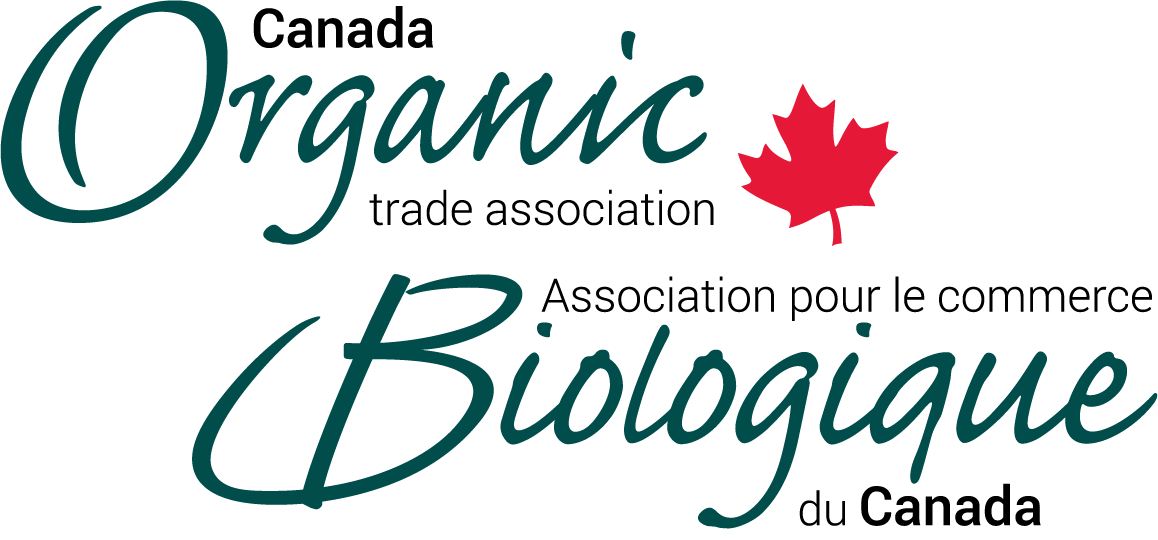Following up on COTA's highly touted The State of Organics: Federal-Provincial-Territorial Performance Report 2017, we released our second State of Organics report, with important updates from our benchmark study.
The 2018 report has three key highlights:
The federal government has yet to take ownership of its ownership
With the Canadian Organic Standards set for review every five years, the organic sector continues to request full funding from the government on an ongoing basis. Since the standards are owned by the government, it is the government’s responsibility to ensure the standards undergo the mandatory review process. Industry continues to contribute in-kind expertise but should not have to bear responsibility for a legislatively-referenced, government-owned standard.
British Columbia and Alberta embrace provincial regulations for organics
Since the release of the 2017 State of Organics report, British Columbia (BC) joined company with Québec, Manitoba, Nova Scotia and New Brunswick by codifying regulations for organics. Alberta’s Local Food Sector Act encompasses regulations for organics and is expected to come into force in 2019. Saskatchewan, Ontario, Prince Edward Island (PEI), Newfoundland and Labrador and the Territories have yet to adopt provincial organic regulations.
Québec continues to outshine other jurisdictions in support for organics
As the 2017 report demonstrated, Québec sets the trends in Canada regarding government support for the organic sector. With its ongoing exemplary regulations, organic production and market supports, and data collection, it now adds to the mix an Organic Agricultural Complex as part of the organic training program at Cégep de Victoriaville. Québec also set a goal of doubling its organic acreage in its Agri-Food Policy Statement for 2018-2025, based on the province’s total organic cultivated area from 2015.
We strongly encourage you to read the full report, including its recommendations for government.
In the months ahead, we intend on using this report as an educational tool for politicians, their staff, and various stakeholders within the sector. We hope it serves as a helpful reference and advocacy tool for the needs of your organization.
Spokesperson Quote
“In order for for the organic sector to maintain public trust while continuing to grow the industry, we are depending on the various levels of government to listen to the concerns we have raised in our report, and work closely with us to address them,” states Tia Loftsgard, executive director of COTA.
If you have any questions or feedback about the report, please contact Tyler Levitan, Government Relations and Regulatory Affairs Manager.
For media inquiries, please contact Rebecca Schwartz, Communications Coordinator.
